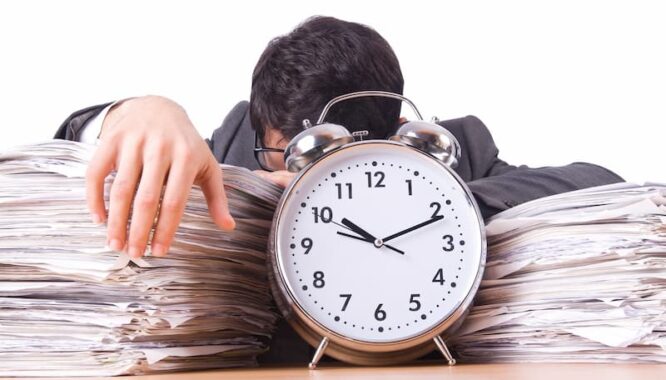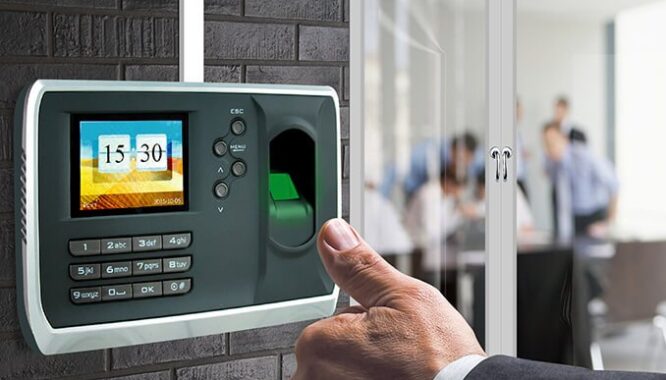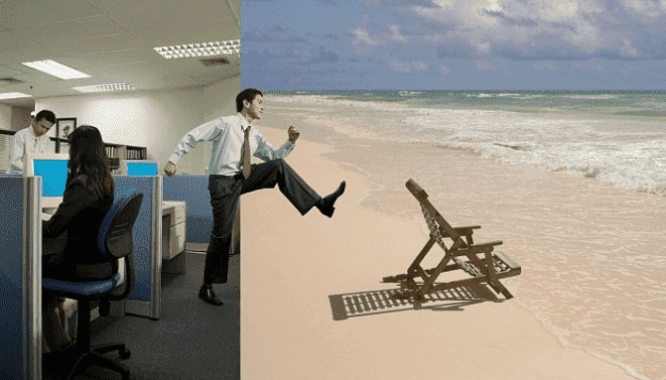
One of the most important management techniques for a hotel is to put systems in place to guarantee consistently high-quality on a permanent basis. A hotel is a complex businesses with many different departments and services that all need to work together efficiently to keep the hotel running like clockwork. This is why effective time and attendance management with an appropriate staff schedule is vital for constantly ensuring that there are enough staff members on site to deal with guests and any problems that may arise in the hotel. The staff schedule also ensures that there aren’t shifts with too many people present during quiet times and not enough people at peak times.
Related articles:
How to Process Payroll for New Hires
What to Do if You Receive an IRS Wage Levy
Prepare Your Hotel Staff Schedule
You probably depend on a core team of employees to run your hotel and before you start planning your staff schedule, you need to analyze the tasks that each staff member performs, especially as some staff members might overlap into different departments of the hotel. For example, a room cleaner might be able to handle a light-bulb change or other light DIY tasks, so a maintenance person might not always need to be on-site at all times. Integrating a smart hotel solution can further streamline such multitasking by providing staff with real-time task management tools.
Understanding efficient staffing strategies is a key component of hospitality leadership, and pursuing a Master of International Hospitality Management can provide valuable insights into workforce optimization, guest experience management, and overall hotel operations.
Consider peak times and down times
It goes without saying that down time in a hotel is normally between 11pm and 5am as this is when guests are generally asleep and need little to no assistance from hotel staff, and very few guests check in during the night. Therefore, the hotel only requires a skeleton staff during this “graveyard shift”. For example, if your hotel has a 24-hour reception, one member of staff should suffice and no kitchen staff would be required if your room service does not run all night.
Similarly, during the day there will be a steady flow of guests checking in and out of the hotel and inevitable problems and queries will need to be dealt with, so staff numbers should be kept at a maximum. All hotel services should be staffed to ensure that guests are not kept waiting for a long time. The reception desk is particularly important since guests checking out might be in a rush to catch a flight or a train, and new guests arriving might feel tired from their travels and do not want to wait a long time to check in to the hotel.
With this in mind, it is important to plan your staff schedule well in advance. Not only will advance planning of a staff schedule ensure that all staff members have access to their schedule for the weeks or months to come and can therefore signal any issues they have with the timetable to their managers, the hotel staff schedule will give you an overview of who is working when and if there are gaps in the schedule to be filled.
Ensure shifts are evenly distributed
Another benefit of planning your staff schedule efficiently is making sure that shifts are distributed evenly between staff members so certain people are not always given night shifts in the hotel and others day shifts, unless of course stipulated in their contract. This will avoid negative morale and conflict among staff members who feel as though others are being given the prime shifts in the schedule.
A good working atmosphere is essential in a hotel as most staff members are constantly in direct contact with guests, and any bad feelings between staff members will easily be picked up on by guests.
Communicate with Staff Members
Make sure you communicate with your employees your staff schedule and any changes that are made so as to ensure there are no staffing issues in the hotel. Also, make communication on the hotel staff schedule a part of your onboarding procedure for new recruits, so as to be sure that they do not find it confusing and end up missing shifts because no one has explained the staff schedule thoroughly enough.
Preparing a well-planned staff schedule will go a long way towards guaranteeing a general contentment amongst staff members, and the smooth running of the hotel.

-360x360.jpg)


